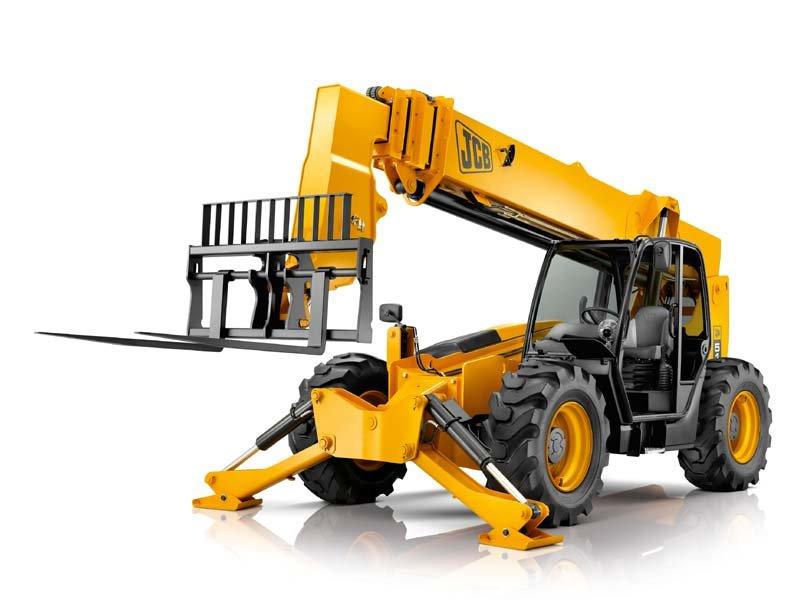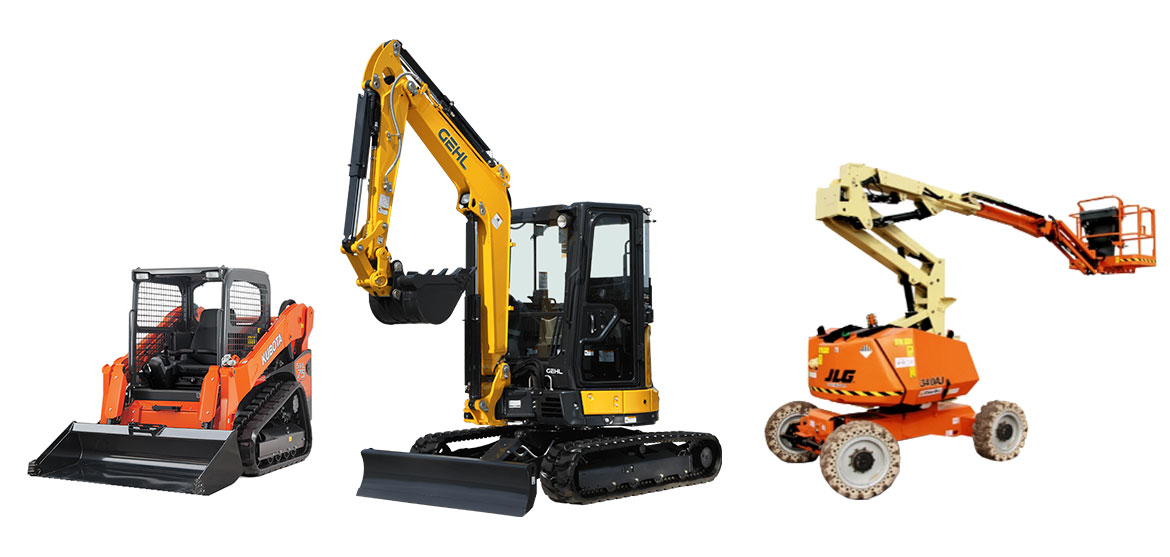Construction Equipment Rentals: Sturdy Machinery for Your Jobs
Construction Equipment Rentals: Sturdy Machinery for Your Jobs
Blog Article
Optimize Your Budget Plan by Recognizing the Prices Connected With Building And Construction Tools Rentals
Recognizing the full extent of costs linked with construction equipment services is essential for maximizing your budget. While the initial rental charge might seem uncomplicated, countless extra costs-- such as transport, gas surcharges, and maintenance-- can quickly gather, influencing your monetary preparation. Additionally, being conscious of numerous fees and the ins and outs of rental contracts can assist prevent unexpected economic concerns. What methods can be employed to efficiently manage these prices and make certain a more effective rental experience?
Summary of Rental Expenses
When considering construction equipment leasings, comprehending the associated prices is paramount for effective budgeting and job preparation. Rental expenses can vary dramatically based upon numerous elements, consisting of equipment kind, duration of leasing, and area. The initial rental cost commonly mirrors the equipment's market need and its linked operational capacities, influencing the total cost.
In addition to the base rental price, ancillary costs may occur, such as transport fees, fuel surcharges, and maintenance charges. It is vital to represent these added expenditures to properly analyze the overall price of renting equipment. In addition, the rental duration can impact rates; longer services might get discounted prices, while temporary rentals might sustain greater everyday costs.

Malfunction of Rental Prices
A comprehensive understanding of rental rates is essential for specialists and project managers aiming to enhance their budgets. Rental rates for construction tools commonly include numerous parts, including base prices, time-based fees, and usage charges.
Base prices are the core charges associated with the rental of the devices, often identified by the type and dimension of the equipment. These prices can vary significantly, affected by variables such as tools need, schedule, and local market fads. Time-based costs, which might be daily, weekly, or monthly, serve to suit various project timelines and rental periods.
Additionally, rental prices may consist of use charges, which apply when tools is utilized past a specified limit, ensuring that the rental firm can represent wear and tear. Seasonal need variations can likewise impact rental rates, with peak building periods usually commanding higher rates.
In addition, understanding the rental company's plans pertaining to upkeep and insurance coverage can supply further understanding into the overall expense framework. By assessing these elements, specialists can make informed decisions, making certain the choice of rental tools aligns with both project needs and budget plan restrictions.
Added Costs to Consider
Recognizing the complexities of added fees is essential for service providers to manage their overall service expenditures effectively. Beyond the basic rental rates, numerous supplemental costs can considerably affect the overall cost of tools leasing. These costs frequently consist of distribution and pickup costs, which can differ based on distance visit this site right here and logistics associated with transferring the equipment to and from the task site.
In addition, some rental business might impose gas surcharges if the devices is returned with much less fuel than when leased. It is also necessary to recognize prospective cleansing fees, especially for customized tools that calls for thorough maintenance after usage.

Thoroughly assessing the rental agreement and clarifying these extra costs in advance can aid contractors stay clear of unexpected costs and guarantee that budgets remain undamaged throughout the task lifecycle.
Repair And Maintenance Expenses
Normal maintenance and repair expenses are frequently neglected aspects that can considerably affect the general cost of building and construction devices services. When leasing devices, it is essential to think about not only the rental costs yet likewise the potential prices connected with keeping the machinery in optimal operating problem.
Several rental firms consist of basic upkeep as component of the rental arrangement; however, extra unanticipated breakdowns or substantial repair services can lead to added expenditures. It's necessary to evaluate the rental contract very carefully to understand what maintenance solutions are covered and what duties fall on the occupant.
In addition, tools that is not well-maintained can bring about inefficiencies at work site, possibly raising and creating hold-ups task costs. To reduce these risks, it is recommended to carry out normal examinations and keep open communication with the rental company concerning any type of problems that arise throughout usage.
Insurance and Responsibility Expenses
Insurance and liability expenses are important components that can significantly influence the overall expense of building and construction equipment services (boom lift rental). These costs guarantee that both the rental company and the client are secured from potential economic losses occurring from accidents, damage, or burglary throughout the rental duration

In addition, clients should recognize any type of deductibles or exclusions in the insurance plan, as these can impact potential out-of-pocket expenses. Understanding the terms and conditions of any kind of insurance policy coverage is vital to prevent unforeseen expenses. Inevitably, budgeting for insurance and responsibility costs can aid make certain a smoother rental experience and safeguard versus monetary risks associated with construction projects.
Final Thought
In verdict, an extensive understanding of the expenses connected with building tools leasings is necessary for efficient spending plan management. Inevitably, notified decision-making regarding equipment rentals contributes to check it out the total success of building ventures.
Rental prices can vary considerably based on several factors, consisting of devices type, duration of service, and place (dozer rental). The rental duration can impact pricing; longer leasings might certify for discounted prices, while short-term services may sustain higher day-to-day fees
By carrying out extensive research and involving with respectable rental companies, specialists can efficiently navigate the intricacies of rental rates, ultimately optimizing their financial sources.
Past the basic rental rates, numerous extra charges can substantially influence the total expense of tools rental. Rental business often offer responsibility insurance that covers injuries to third events or damage to property, while devices damages insurance policy can cover the cost of repair work or substitute if the leased equipment is harmed.
Report this page